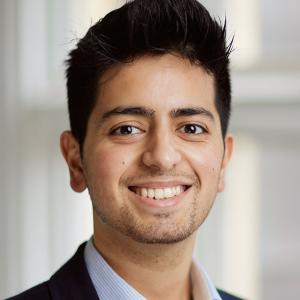Constructing the Indian Public: Psephology, Opinion Polls and Democratic Politics in India
The idea of ‘public opinion’ is central to modern representative politics and is invoked by actors as diverse as politicians, journalists, the judiciary, and civil society activists. In a country like India, the discursive category of ‘public opinion’ is used as a placeholder for the political orientation of a diverse electorate of over 900 million voters that are segmented along class, caste, and religious lines. One of the key mechanisms through which the idea of a ‘public opinion’ circulates is through public opinion polls that help numerically capture the shifting political allegiances of this electorate. This project seeks to understand the role played by such opinion polls and the industry of pollsters in India in constructing, shaping, and giving meaning to the idea of ‘public opinion’ in the country.
Taking a cue from science and technology studies (STS) and political anthropology, this project conceives of opinion polling as more than merely a technocratic application of the science of random sampling and probability distributions. Instead, I will situate opinion polls in the wider trajectory of post-independence politics in India and within the subjective worldview of the professionals who work in this industry. This project will have two components: historical and contemporary. Firstly, I intend to map the conditions under which the science of psephology became popular in India from the 1980s onwards and the actors and institutions that enabled this. Secondly, I will study a private public opinion firm to understand the modus operandi of the pollsters. In doing so, this project will contribute to a larger set of debates on the role of statistics and data in modern democratic politics, outline the various ways in which public opinion gets mobilized, and elucidate global histories of science and technology.


